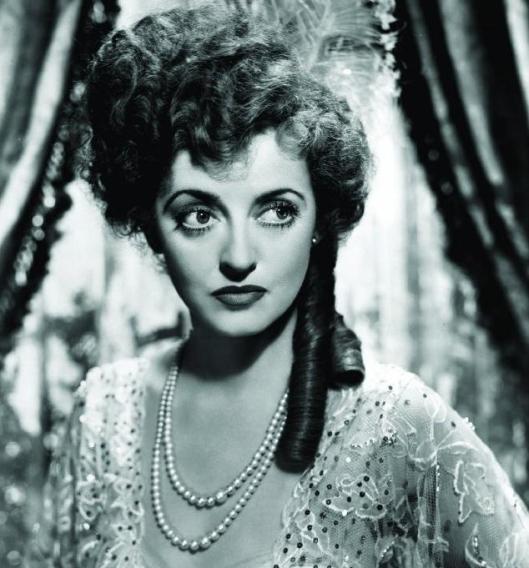
Source of photo: http://www.imdb.com
One of the great classics of Bette Davis, “Mr. Skeffington” is a very complex and interesting drama. It tells the story of a beautiful, but very selfish and pragmatic woman who marries an old, wealthy Jewish businessman to save her beloved brother from an embezzlement charge. The action happens in the years before and after WWI. When her brother dies on the front, Fanny decides to separate from her husband, even if they never divorce. She abandons their only daughter, who spends her childhood and adolescence with her father, in Europe. When Hitler comes to power, her father is taken to a concentration camp, losing all his fortune, while Fanny, now an old woman, cannot accept the fact that she is no longer beautiful. Her life gets complicated even more when all of a sudden her daughter returns to her house and falls in love with one of her mother’s “beaux”. In the end, Fanny realizes that Job Skeffington is the only man who truly loves her and destiny makes them reunite and spend the rest of their lives together. So, Fanny has the chance to admit her mistakes and to correct them, but again only for her selfishness, because she doesn’t want to remain a lonely, old and sick woman, as her daughter leaves her to marry the man she loves. The story is, as I said, very complicated. It covers several decades, and it’s incredible how well made Davis the transition from a lovely young woman to a painfully sick and decrepit lady. Claude Rains, one of her frequent co-stars (you should also see “Now, Voyager”) was excellent in the role of her husband, but Davis is simply superb. They both earned an Oscar nomination, but unfortunately didn’t win. All in all, these classical dramas of Bette Davis from the 1940s emphasize best her enormous talent. She was a professional and one of the greatest actresses of all time, together with Joan Crawford, her constant rival, who excelled, too, in this kind of dramatic roles.
